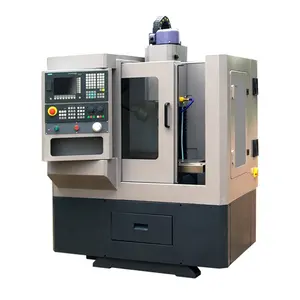Popular in your industry






































Top categories
About fuel pump perkins
The Perkins fuel pump is a critical component in the operation of Perkins diesel engines. Diesel fuel pumps are crucial in delivering the right amount of fuel under high pressure to the combustion chamber for efficient engine performance. At the core of the fuel pump is a plunger that moves up and down inside a cylinder, creating the necessary pressure to inject fuel into the engine's combustion chamber. The Perkins injection pump is a precision-engineered component, and any malfunction can significantly impact the engine's performance and fuel efficiency. Regular maintenance and timely replacement of worn-out parts are essential to ensure the fuel pump's optimal performance, contributing to the overall efficiency and longevity of Perkins diesel engines.
The Types of Perkins Fuel Pumps
Perkins offers a range of fuel pumps tailored to different engine models and applications. Common types of Perkins engine fuel pumps include the rotary fuel injection pump, inline fuel injection pump, and common rail fuel injection system. The rotary fuel injection pump is a mechanical pump that delivers fuel to the injectors using a rotary mechanism. It is known for its simplicity and reliability, making it suitable for a wide range of applications. The inline fuel injection pump is another common type, delivering fuel in a straight line to the injectors. This design is efficient and often used in engines that require high fuel volumes.
The common rail fuel injection system is a modern and sophisticated design that features a high-pressure fuel rail that supplies fuel to individual injectors. This system allows for precise control of fuel injection, enhancing engine performance and fuel efficiency while reducing emissions. Within each of these types, there are variations based on specific engine requirements and technological advancements.
The Features of Perkins Fuel Pumps
Perkins fuel pumps are known for their robust construction, ensuring durability and reliability even in demanding operating conditions. These fuel pumps are precision-engineered to meet the exacting standards of Perkins diesel engines, contributing to their overall efficiency and performance. Perkins fuel pumps incorporate advanced technologies to optimize fuel delivery, promoting complete combustion and maximizing fuel efficiency. The integration of electronic controls in some models enables precise fuel injection timing and pressure adjustments, enhancing engine responsiveness and reducing emissions.
The design of Perkins fuel pumps often incorporates built-in features such as fuel filters and water separators to ensure the fuel quality and protect the engine from contaminants. Additionally, Perkins fuel pumps are designed for easy installation and maintenance, allowing for convenient service and minimizing downtime. The availability of genuine Perkins replacement parts ensures compatibility and optimal performance, extending the service life of both the fuel pump and the diesel engine.
The Maintenance of Perkins Fuel Pumps
Maintaining a Perkins fuel pump is essential to ensure the longevity and performance of the diesel engine. Regular inspection of the fuel pump and its components, including seals and gaskets, is vital to detect any signs of wear or leaks. It is advisable to follow the manufacturer's recommended maintenance schedule to perform routine checks, including fuel filter replacement and fuel system inspections, to prevent any contaminants from compromising the fuel pump's operation.
Timely replacement of fuel pump components is crucial to prevent fuel system malfunctions. For example, a worn-out fuel pump diaphragm may result in fuel leaks or inconsistent fuel delivery, affecting the engine's performance. It is recommended to use genuine Perkins replacement parts to ensure compatibility and maintain the fuel pump's integrity. Regularly monitoring the fuel pump's pressure and ensuring it operates within the specified range is essential for optimum engine performance.






































